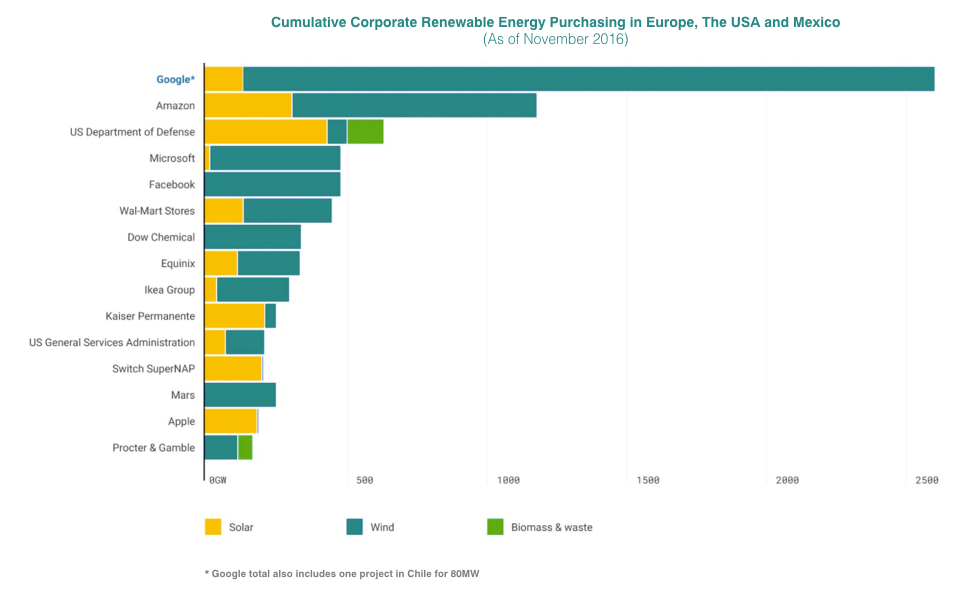“A very interesting period in history where the responsible business world is running ahead of the politicians” – Paul Polman, Unilever CEO.
Governments and institutions around the world have been tackling the issue of global sustainability for several decades, however these efforts are now reaching a turning point. Businesses have also been helping drive initiatives for a more sustainable planet and will soon become the most critical players in providing solutions as we edge closer to a more sustainable reality.
Sustainability as a business value has transformed since becoming an issue of global significance. Rather than fitting sustainability into existing business frameworks and the model of the economy, there is now recognition that social and environmental issues will directly impact the global market with potentially catastrophic consequences. Issues such as adverse climate change, difficulties in food production and supply of clean water and energy have all suffered as a direct consequence of market failure created by the society that we live in.
Business innovators play a key role in providing the goods and services that society relies upon, whether it be food, water, resources or infrastructure. In the developing world, business accounts for 60% of GDP, 80% of financial flow and 90% of job creation. Often transcending national boundaries and possessing resources that exceed that of most nations globally, businesses are now at the forefront of paving the way for a more sustainable future.
This new model of sustainability emerging is as a result of businesses being led by consumer demand. The growth of the Internet has enhanced communication in creating a society that is no longer prepared to accept unsustainable practices that ruin our earth, and companies must always follow demand. As opposed to old-hat method of slowing down an impending crisis, systemic changes are now being driven by businesses and corporations in order to sustain our planet and mitigate the impacts of a growing population expected to reach 10 billion in 2050. Fundamentally for businesses, sustainable business is profitable. While long-term perspective is needed, the clean economy will deliver superior margins, provide jobs, improves living standards and be inherently restorative to the environment.
Unilever is a prime example of a company that has reaped the rewards of implementing sustainability as part of its core strategic planning. With a vast product range used by 2 billion consumers a day, the CEO, Paul Polman set a target to double the company’s size while reducing its environmental footprint and improving social impact through its Unilever Sustainable Living Plan. In 2015, the brands under the new sustainability living plan grew 30% faster than the rest of the company and contributed to half of Unilever’s growth. By optimizing costs and fuelling innovation, the company has decoupled their growth from environmental impact, focusing instead on sustainable, equitable growth as their only acceptable business model.
The seismic shift in US political leadership is unlikely to affect corporate action on critical environmental and social actions by businesses. In spite of incoming US president, Donald Trump, and his nomination for the head of the Environmental Protection Agency (EPA), Scott Priut, being climate change sceptics, companies continue to press ahead with sustainable initiatives in an area despite regulatory uncertainty over coming months and years.
Google recently announced it will be powered 100% by renewable energy resources from 2017 as “renewable energy is the lowest cost option,” according to Marc Oman, EU energy lead at Google. A recent study by asset management company, Lazard, indicated the costs of solar and wind infrastructure have dropped by 60-80% in the last five years and beyond as a result of new developing technology. Excluding subsidies, the government provides to retail energy around the US, the newest renewable energy projects cost less than the average industrial and commercial energy prices in over 45 states in America.
Furthermore, Bill Gates unveiled Breakthrough Energy Ventures (BEV) earlier this week, a new billion-dollar fund setup to increase investment in early-stage clean technology research and “help deliver the next generation of reliable, affordable and emission-free energy to the world.” Notable investors include Jeff Bezos (Amazon), Richard Branson (Virgin) and Jack Ma (Alibaba).
Even if the new US administration chooses not to protect or enhance the pillars of a sustainable economy, this is a global issue, not a national one. The more aware consumer is demanding change, and it will be the businesses and innovators adopting sustainability as a fundamental business strategy that benefit. Done right, these actions will power our economies and sustain our world for generations to come.
